As a small boy, Camerino Hiracheta hunted for snakes, pigeons and fish. He brought them home for his mom to cook for dinner.
At 5 years old, he went to work in the fields to help support his family.
“My grandfather was in prison, so my dad pretty much had to take charge as the oldest male,” said his 26-year-old son, Sunday Hiracheta.
From the Mexican border town where he was born, to the urban streets of Michigan where he settled and raised a family, Camerino lived a life in service to others.
In fact, his ministry defined him so much, everyone called him Pastor.
In the last hours of Pastor’s life, his family wanted only to be by his side, providing the love and caring he had shown others throughout his life.
They were able to do just that, with help from Spectrum Health Hospice and the Spectrum Health Renucci Hospitality House.
When his family chose to provide him with comfort care, Pastor was transferred to the Renucci House. Although it typically houses families whose loved ones are in the hospital, the house is now serving as a place to allow families to share their last moments with a loved one.
There, Pastor’s wife and children gathered, held his hand, shared memories and kissed him goodbye.
“He was such a giver. He had a heart for people who needed help,” said Jeannie Wiarda, a Spectrum Health social worker. “It felt like this was the least we could do for his family.”
“I think that it was just a peaceful way to go,” Sunday said.
For his father, life was always “God first and then his family,” he said. “For him to have us there—I don’t think he would have wanted it any other way.”
From a jail cell to ministry
As the Hiracheta family gathered by Pastor’s side, they recalled the stories he told of a childhood in poverty, growing up without a father.
When he arrived in Holland, Michigan, as a young man, he found work and lived “the American dream,” Sunday said.
He often talked about the moment he devoted his life to serving God. One day as a young man, he ended up in jail on a charge of public intoxication.
“When he woke up, he never felt so embarrassed in his life,” Sunday said. “He was embarrassed not just for himself, but for the way it portrayed his family.”
He read a Bible he found in his jail cell and prayed.
“He gave up drinking,” Sunday said. “And he gave his life to the Lord. He started attending church regularly and tried to get his life right with the Lord.”
Pastor studied and became a minister at Missionary Church of Christ in Holland, while also working in production for Herman Miller.
He lived his ministry every day, reaching out to homeless people, gang members and anyone in need. He worked throughout West Michigan and in Detroit.
“My dad, for some odd reason, loved to go into the toughest parts of town and he would try to bring God to people he felt were struggling or needed help,” Sunday said. “We often had homeless people living with us because he felt that was a way to help people get on their feet and to instill the word of God.”
Juana and Pastor were married in 1991, blending her three children and his two children together into one family. Sunday was born two years later.
Juana described her admiration for her husband, as Sunday interpreted.
“He was a really great man, as a father, as a husband and as a pastor,” she said.
Sunday said his father loved all his children, never distinguishing between step-kids and biological ones.
Juana and Pastor made family life a priority, working opposite shifts to provide for their children. When they had free time, they spent it with the kids, going on picnics, visiting Tulip Time activities and other events in Holland.
“I think it’s because he never had anything growing up. He grew up without a father,” Sunday said. “He didn’t want that for his family. He didn’t want that for other people.”
Through the years, his kids saw their dad bring that same caring attitude to people involved in drugs, prostitution and crime. And his children saw the impact—people who left gangs and now work in ministry.
“He was somebody who can talk to anybody and become your friend,” Juana said. “He was very humble about any and every situation he had to face.”
As adults, his children have a deep appreciation for what their father accomplished, Sunday said.
“He gave us a bigger view of the world and the place we could be in it,” he said.
Saying goodbye
By his early 70s, strokes, dementia and epilepsy took a toll on Pastor’s health. Sunday quit his job and cared for him for several years, living in a home next door to his parents.
In September 2019, Pastor suffered a major stroke that paralyzed the right side of his body. He moved into a long-term care facility.
Juana visited and cared for him every day—until March, when the state required visitor restrictions to be put in place to limit the spread of the new coronavirus.
In late April, the family received notice that Pastor had become unresponsive. He had transferred to Spectrum Health Butterworth Hospital and was in the intensive care unit on a ventilator.
Juana discussed his care with the ICU team and Wiarda, the Spectrum Health Hospice social worker. The family decided to remove him from life support.
“We felt that was just more appropriate, as he always told us he never wanted to be in that state,” Sunday said. “We pretty much obeyed those orders.”
The hospice team worked quickly to get Juana by his side, with Sunday there for support and interpreting, as the ventilator was removed.
They accompanied him as he moved to the Renucci Hospitality House, where his adult children gathered. There, the hospice team worked to ensure Pastor felt comfortable and helped the family understand what was happening.
“They are really a very loving family,” Wiarda said. “They laughed and told stories. His wife was very tearful, hugging and kissing him.”
The hospice team provided iPads so the family could connect with family members in Texas and Mexico, allowing them to share farewell messages.
Although unable to respond, his family knew he could hear them. When asked, he squeezed their hands.
“We got to say our goodbyes and tell him we were so grateful for what he did for us and showed us in our lifetimes,” Sunday said.
The Pastor’s children by marriage had poignant messages of gratitude.
“They said, ‘You were the dad that actually wanted us and loved us when nobody else did,’” Sunday said.
“I thanked him for being the man he turned out to be, for how he respected my mom and the way he took in three kids that weren’t his own, and the way he put God before anything in this world.”
On Monday, April 20, 2020, Pastor took his last breath, surrounded by family.
“I think that was just a peaceful way to go,” Sunday said.
The hospice team continues to support the Hiracheta family with phone calls and visits.
Wiarda created pendants bearing Pastor’s thumbprint. She hand-engraved 27 for his children, grandchildren and other family members.
“It means the world to me,” Sunday said. “It gives me a little piece of him that I can always have with me.”
When he is unsure what to do or say, Sunday holds the pendant and can picture his father telling him, “Hey, boy, you know what to do. Think about it. Pray about it.”
‘Comfort and peace’
Peter and Patricia Renucci provided the lead gift many years ago for the Renucci Hospitality House, so it could provide lodging for families whose loved ones were in the hospital.
When Spectrum Health considered using the Renucci House for hospice care during the COVID-19 pandemic, officials contacted Patricia Renucci.
She was “overjoyed and touched to give her blessing,” said Tamara VanderArk-Potter. Spectrum Health Hospice had provided care and compassion during the final days for her husband, Peter, who died in September 2019.
Spectrum Health Foundation’s COVID-19 Response Fund provided the funding to make possible the transformation of Renucci Hospitality House so families have a space to share final moments together.
The presence of loved ones is a crucial part of comfort for someone who is dying, Wiarda said.
“It is just a powerful thing,” she said. “I think we are providing not only this safe place where people aren’t dying alone. We are providing comfort, so they won’t suffer alone.”
And for families, the opportunity to say goodbye is invaluable, said Lisa VanderWel, the director of Spectrum Health Hospice.
“These end-of-life experiences will forever serve as snapshots in the minds of families as a time of comfort and peace in the midst of great pain and loss,” she said.
Juana treasured the opportunity for her family to share her husband’s last moments together.
“I am very grateful for the fact that we were able to have him go to the Renucci House, so we could share those stories and talk to him and share our thoughts,” she said.
“Being able to be there with him in his last moments was something that I know he needed and wanted.”
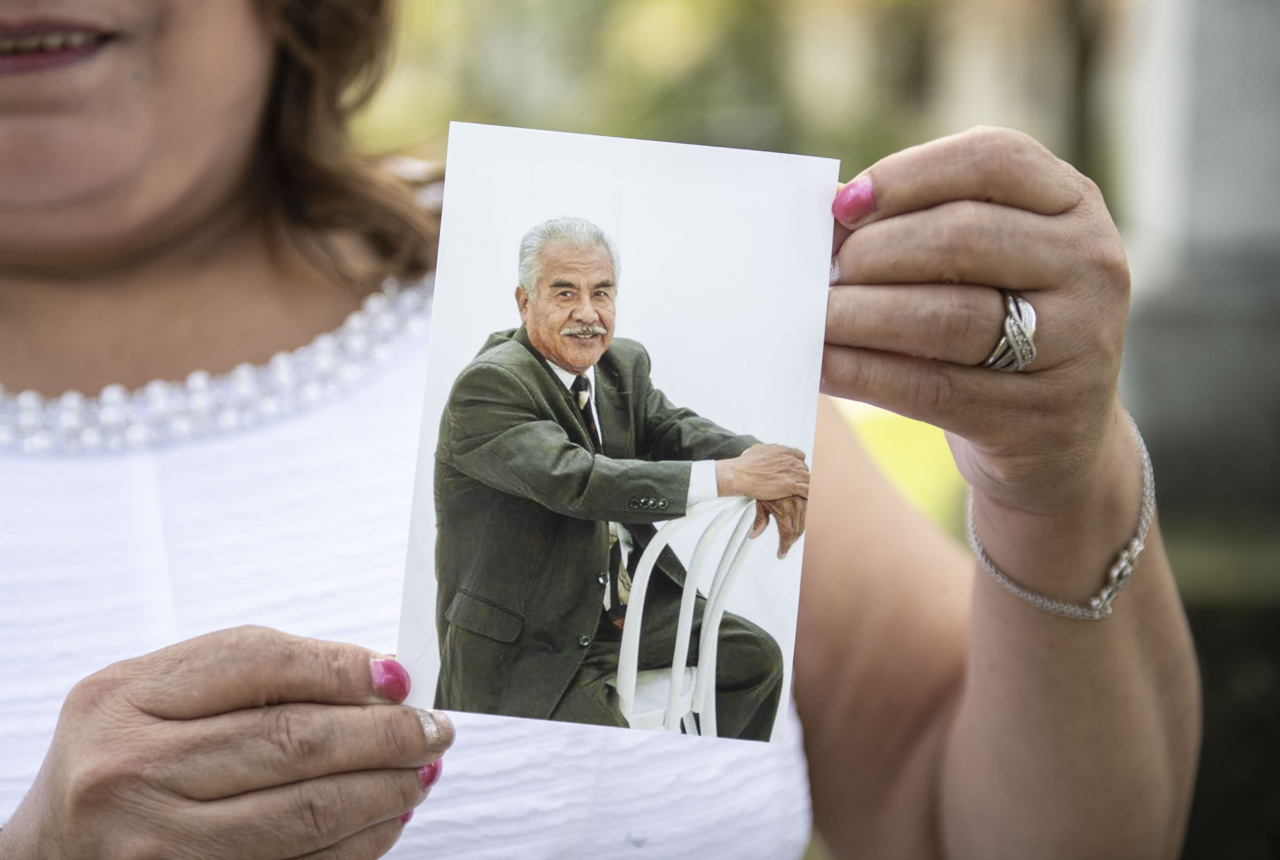
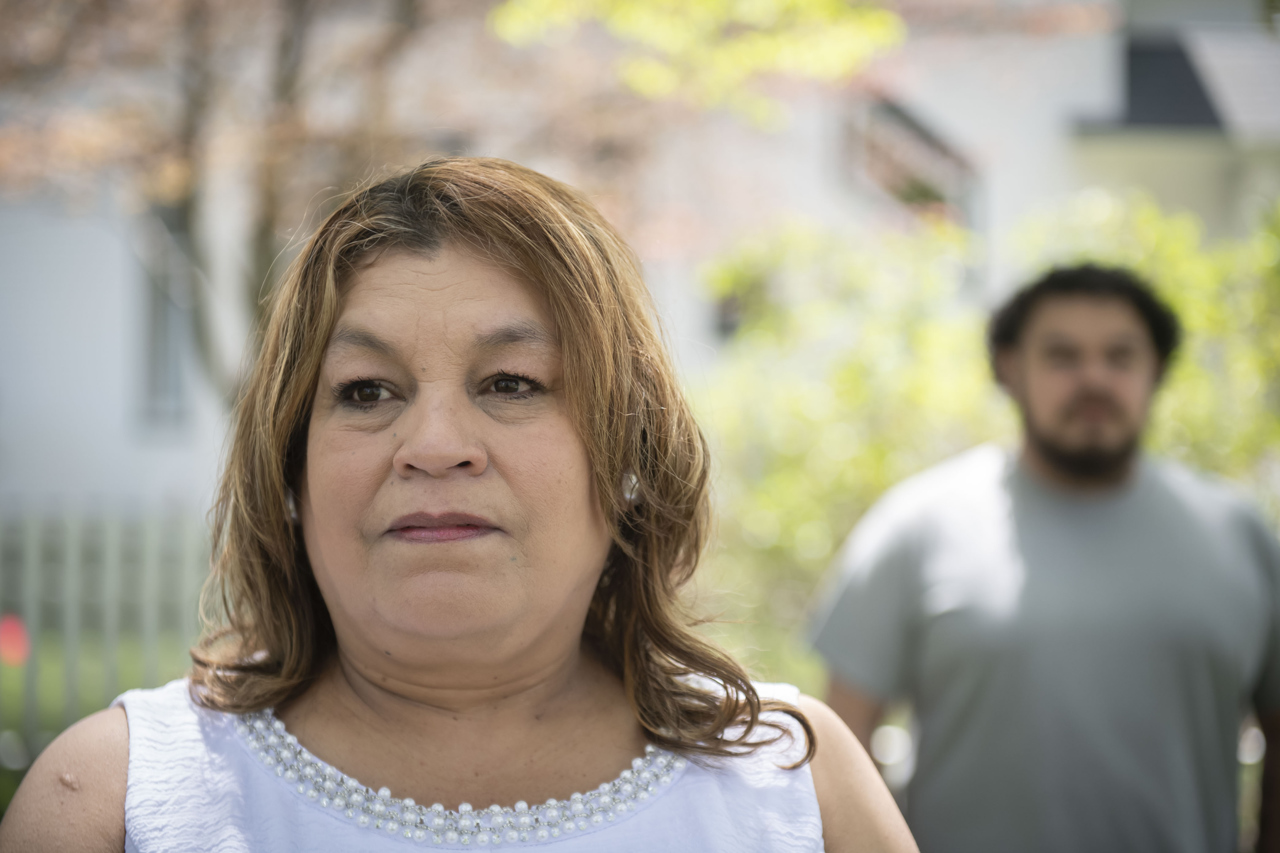
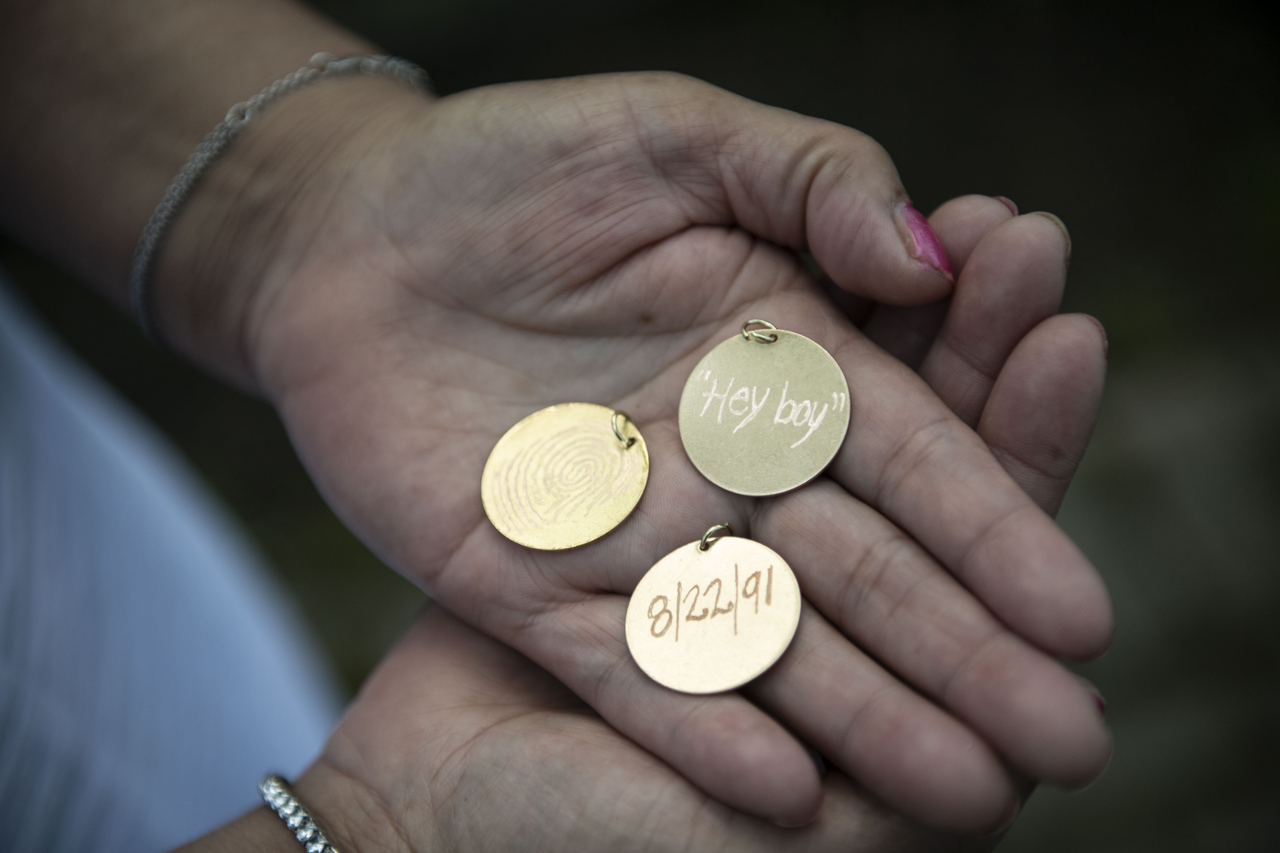

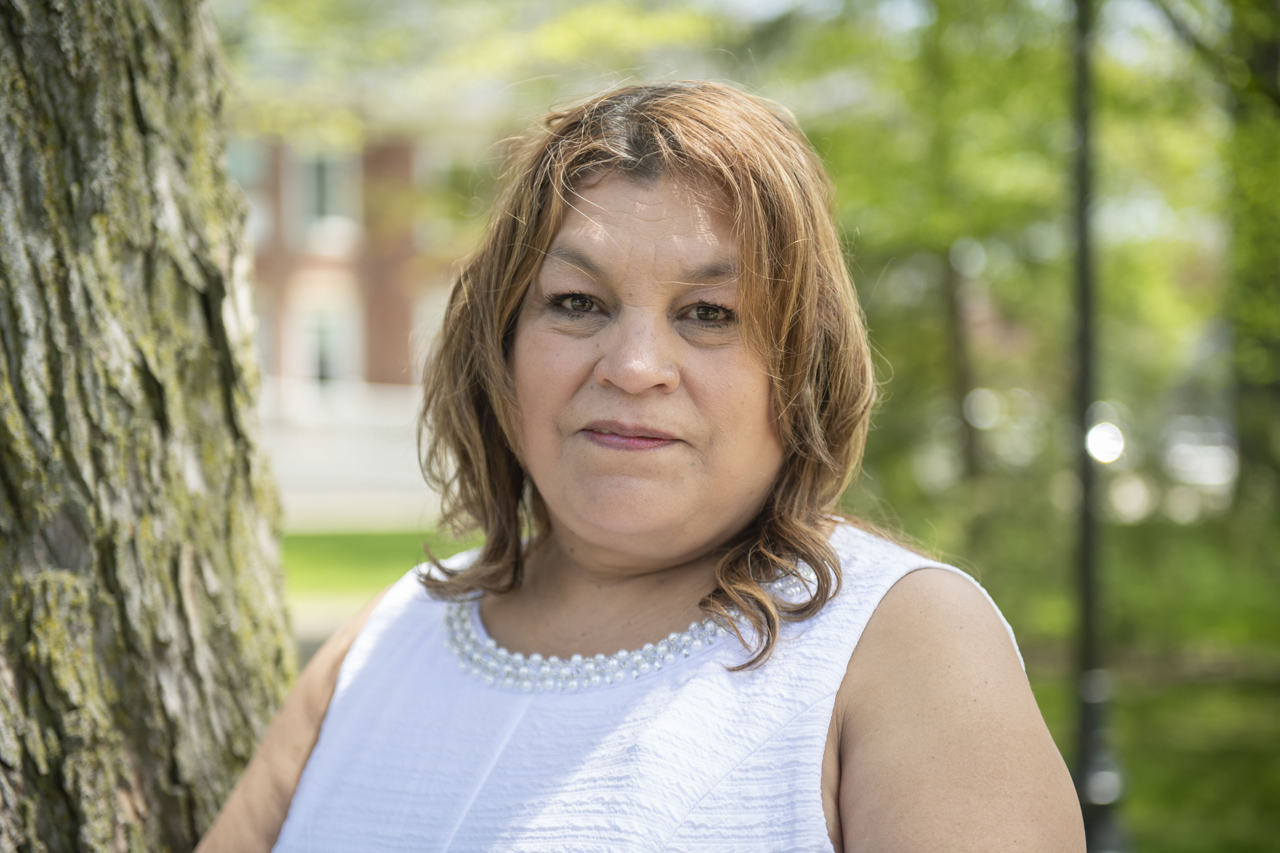
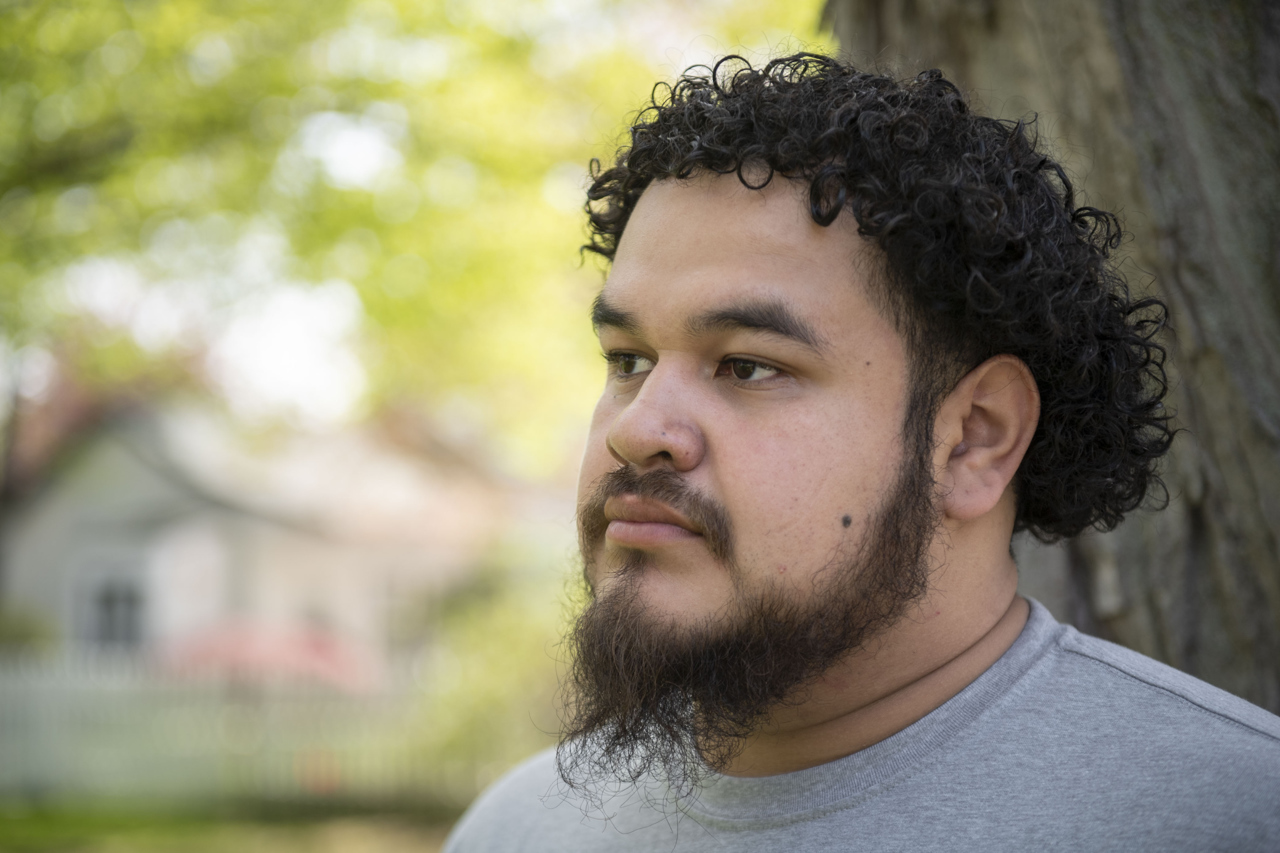
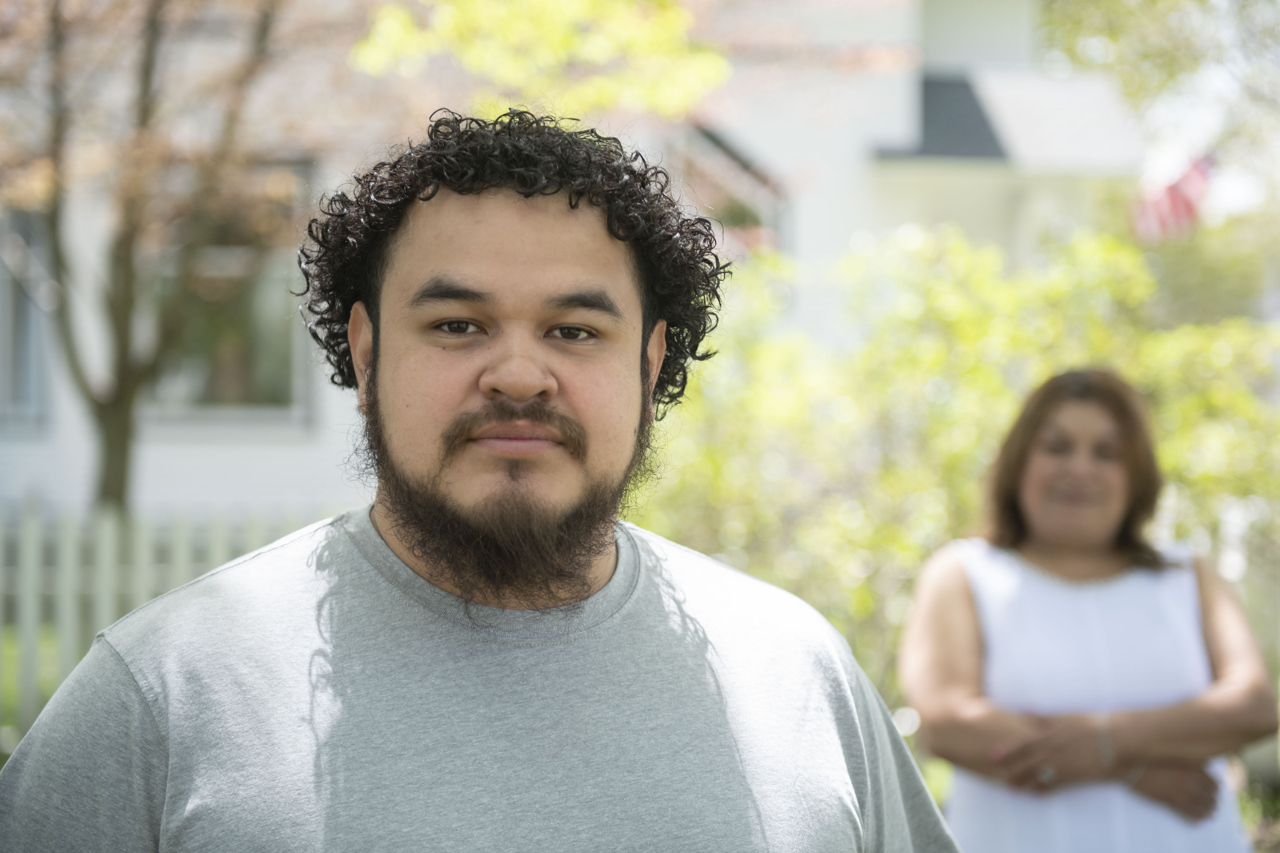
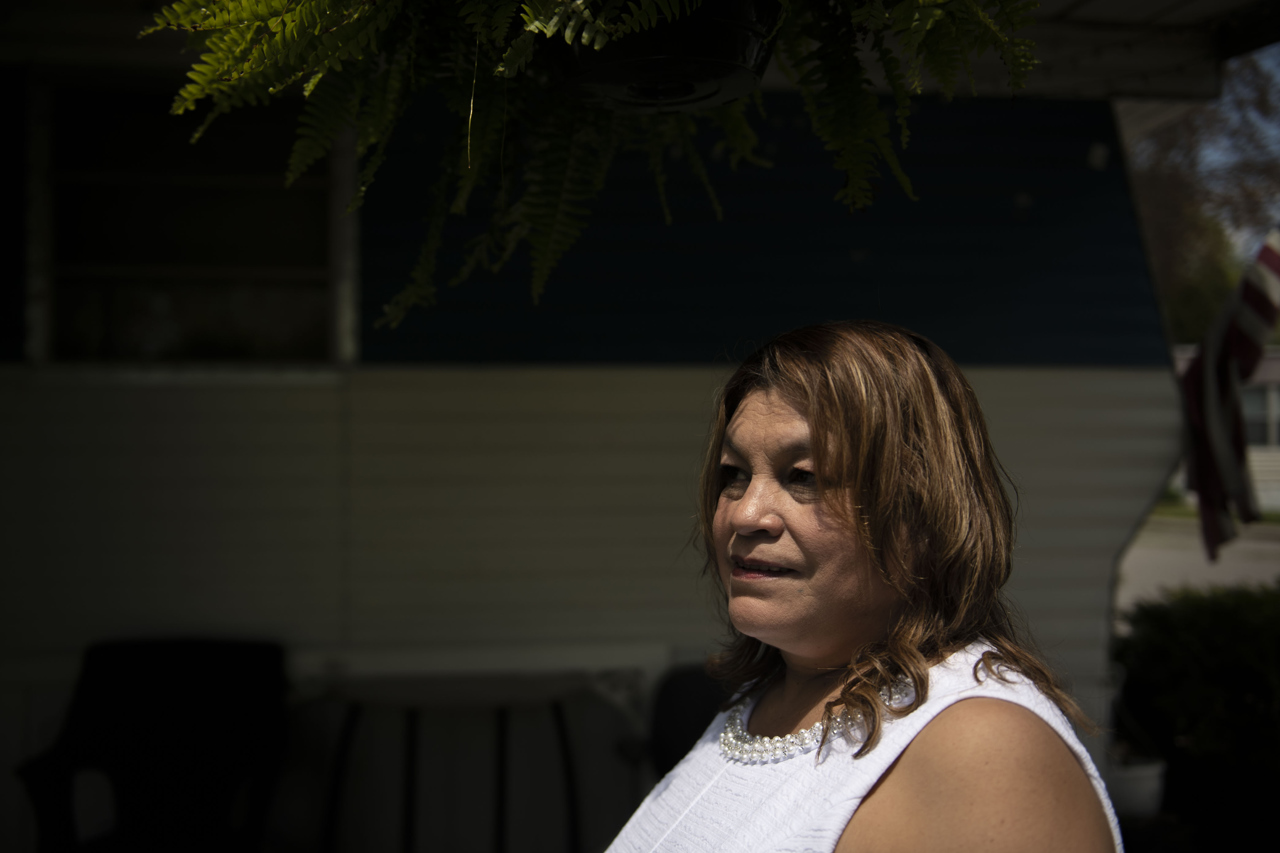
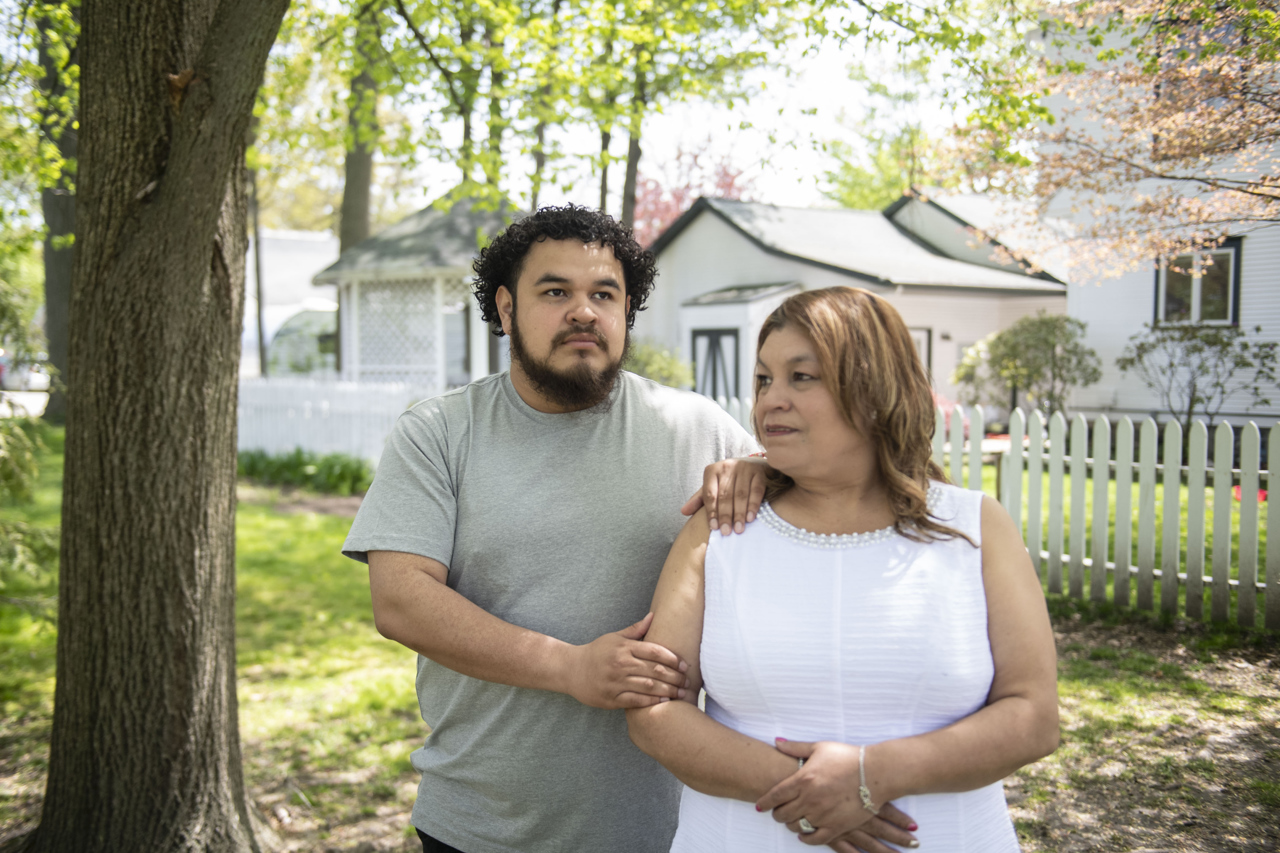
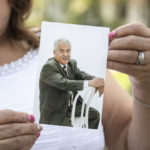
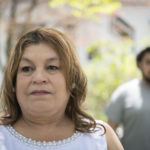
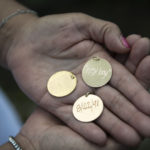
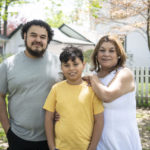

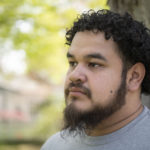
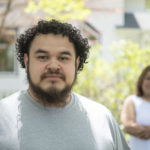



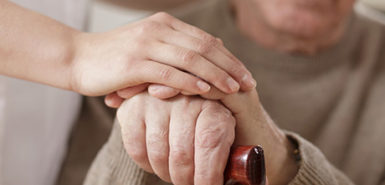 /a>
/a>
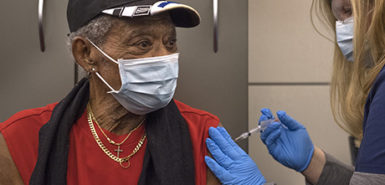 /a>
/a>
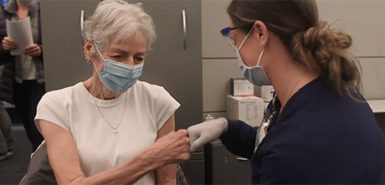 /a>
/a>
Spectrum Health Hospice people were very kind and compassionate through my husband Jerry’s unexpected and quick death from cancer.
We’re so sorry to hear of your loss, Noreen, and we’re glad the hospice team could be there to help your family.
No one should die alone if that is possible. The Renucci House and the Spectrum Hospice Team appear to be an outstanding combination. Thank you both for your compassionate giving. A wonderful real life story!